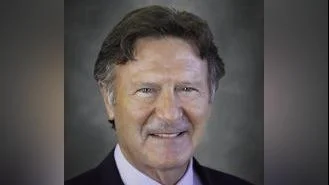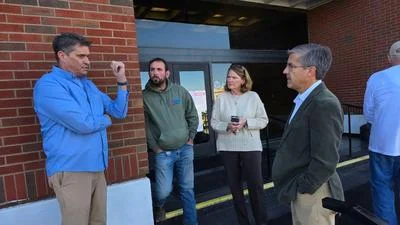Illinois House candidate Darren Bailey can think of 16 billion reasons why Illinois lawmakers were right to reject HB 2394.
“I am against the idea of opening up scholarships to people who are not legal residents of the state,” Bailey told the Southeast Illinois News of lawmakers recently voting down the Student Access bill, which that would have allowed four-year state public universities to offer financial aid to every student enrolled at their school, including students who are not in the United States legally, on a competitive basis.
“Illinois has $16 billion in unpaid bills,” Bailey said. “We cannot afford to award scholarships to individuals who are not even legal residents of the state.”

Darren Bailey
Bailey added the timing for a proposal like HB 2394 couldn’t be worse for the already cash-strapped state.
“The measure failed because lawmakers understood that giving illegals tuition benefits after raising taxes by 32 percent was going to be difficult to explain to their constituents,” he said. “We welcome immigrants, but it is not fair to the people who have come here legally to give illegal immigrants the same kind of benefits and advantages we give to people who have followed the rules to get here.”
Currently, students who are not legally in the country, including those who are part of Deferred Action for Childhood Arrivals program, are not eligible to receive funds such as federal student aid, Pell Grants, Illinois Monetary Award Program Grants and other forms of state-based aid, though federal law allows state legislatures to offer such students eligibility for state aid on an individual basis.
Supporters of the bill have argued it is revenue neutral and would not require the state to appropriate additional resources or funding upon passage.
Current law allows state universities to offer scholarships funds to such students that are received from private donors.
Though Bailey, who is running against Rep. David Reis (R-Willow Hill) in the 109th District primary, is adamant that such laws send the wrong message, he concedes this probably isn’t the last to be heard about HB 2394.
“There is no doubt that we will see some version of this legislation in the near future,” he said. “There is a strong movement behind this legislation. This is not going away anytime soon.”




 Alerts Sign-up
Alerts Sign-up